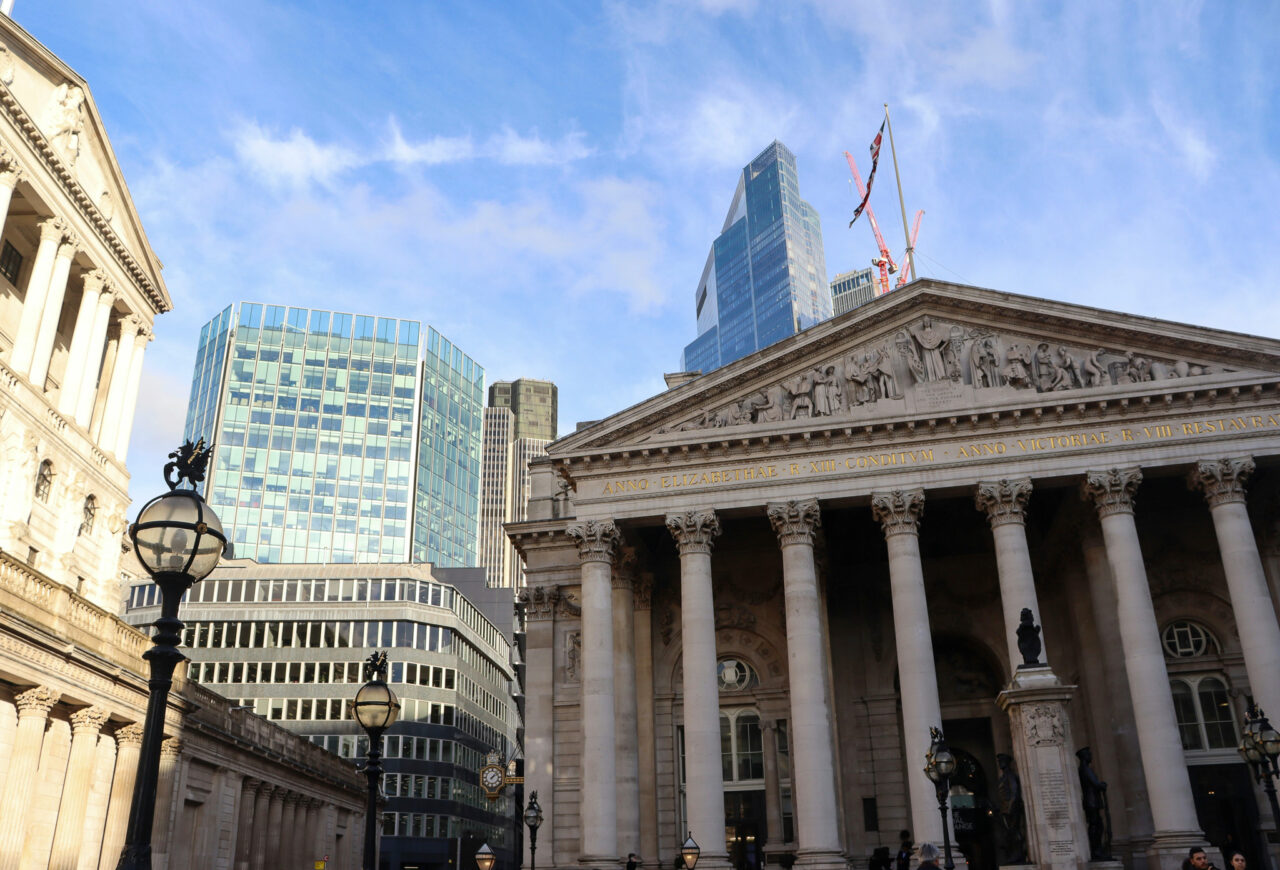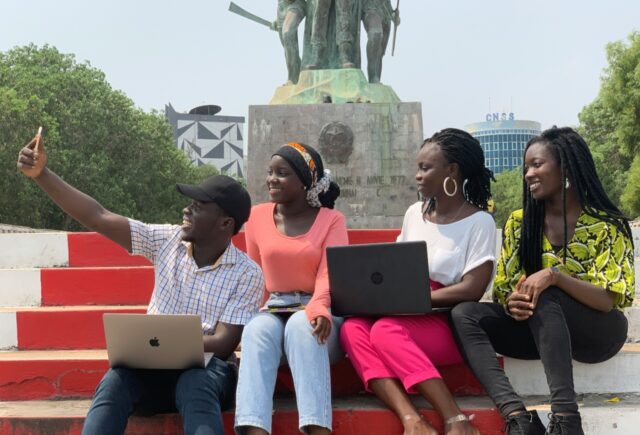The chair of the authority that runs the UK’s main financial centre says the investment community has a duty to make more social and environmental investments.

The City of London Corporation, the organisation that governs London’s main financial district, is directing more of its resources towards impact investing, according to Andrien Meyers, chair of the corporation’s investment committee.
The City of London had a responsibility to invest in solutions in areas such as affordable housing provision, job creation, education, healthcare, and the transition to a low-carbon economy, he said in an address to the committee’s annual dinner in early February.
Meyers said the investment community had “a duty to invest in people, planet, and place”.
“Our directly owned multi-billion-pound property asset base is now increasingly focusing on impact, from seeking innovative solutions to property issues facing us all as a result of climate change to our portfolio emerging as an important cultural quarter of London,” he said.

The corporation’s property portfolio includes assets across London and other areas of the UK, as well as those within the City of London’s boundaries.
One example of a culturally-focused investment cited by Meyers is a partnership with the Greater London Authority to move the London Museum from a less prominent site to West Smithfield, a new development in central London, where it hopes to attract over 1 million visitors a year after it opens in 2026. The site is part of a broader redevelopment of the historic Smithfield meat market into a cultural hub, with the remaining market traders being relocated.
Also due for relocation are the traders in the corporation-owned Billingsgate fish market in east London. The corporation plans to use the site to build around 4,000 homes on the site, which it hopes will help address an acute housing shortage in the area.
The corporation already runs a social investment fund to support social investment across London. The £22m fund, established in 2012, is run by the corporation’s City Bridge Foundation.
Pension reforms
Besides his role as investment committee chair, Meyers is an independent councillor and chief proposition officer at London LGPS CIV, the investment pool for London-based Local Government Pension Schemes.
He said measures being taken by the UK’s Labour government to ease some investment restrictions on well-funded occupational defined benefit pension funds would enable those performing well to invest their surplus funds.
“This will drive critical infrastructure investment, stimulate innovation, and sustain long-term economic growth by unlocking capital and developing the expertise needed for future industries like AI and fintech,” Meyers said.
A report published last October by the corporation and the British Private Equity and Venture Capital Association (BVCA) sought to highlight the potential for impact investing in the UK. In ‘The UK: A centre for excellence for impact investing’, the authors outline opportunities for the UK to strengthen its position as a hub for impact finance, providing a number of case studies.
“The report encourages stronger government collaboration with the impact economy to build the UK’s profile as the premier destination for investors to establish funds, products and services,” Meyers said.
The report concludes that the UK could help further growth of the global impact investing market by championing innovation in financing social and environmental goals, meeting the demand for impact and purpose-driven jobs, and leading the conversation on best practice.
The national government has also been pushing for greater collaboration with investors in the City of London and elsewhere in the country over the last few days, as it seeks to tap their funds and expertise to further impactful investing both domestically and abroad. Development minister Annaliese Dodds said City expertise and investment in the Global South could accelerate delivery of the SDGs. Meanwhile, the government has established a Social Impact Advisory Group of stakeholders to look into the development of new social impact vehicles for the UK.





